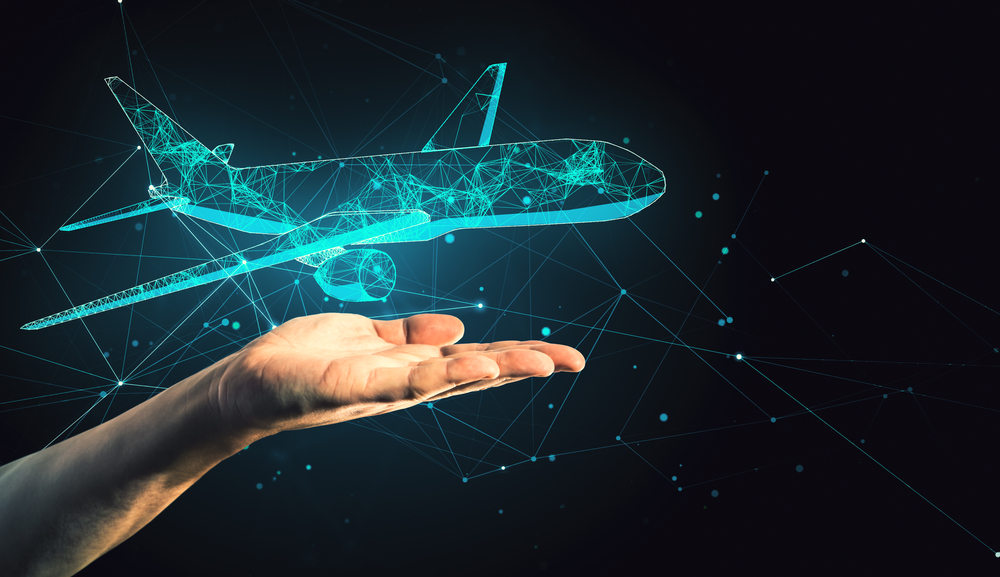The conclusion of COVID-related travel restrictions and lockdowns globally led to a significant surge in air travel. The International Air Transport Association (IATA) projects that by 2024, there will be over 4.7 billion air passengers, surpassing the 4.5 billion passengers recorded in 2019, the year preceding the pandemic’s impact on business travel and vacations worldwide.
This substantial uptick in air travelers comes as a much-needed boon for commercial airlines, which, as estimated by McKinsey, collectively incurred losses of $168 billion in 2020 alone. However, despite the recent revenue surge from the surge in air travel, airlines are grappling with challenges stemming from the exponential rise in passengers.
To meet the escalating demand, airlines are placing record orders for new aircraft and expanding their flight frequencies. Yet, they are encountering issues such as capacity limitations, airport congestion, flight delays, erratic cancellations, and rerouting, leading to disruptions in travel plans for passengers. Additionally, operational inefficiencies and wastage in airline operations are eating into profits, keeping profit margins slim.
The forthcoming Aviation Festival Asia event, scheduled for later this month, is expected to address these challenges. This event, renowned for its impact in the region, serves as a platform for global airline leaders, airports, and aviation technology innovators to convene and deliberate on the trends shaping the contemporary aviation landscape.
I am privileged to participate in a panel discussion at this year’s conference, where the focus will be on artificial intelligence (AI) and its potential to revolutionize commercial airline operations, particularly during this challenging period in the aviation sector.
In the realm of aviation, the emergence of generative AI technologies has been remarkable. These technologies have rapidly evolved from large language models with billions of parameters to those boasting a trillion parameters by 2023. This trend is poised to continue in 2024, with AI technologies becoming increasingly sophisticated. Notably, these advancements in AI have paved the way for machines to generate new intelligence, encompassing various domains such as poetry, images, videos, natural language understanding, and translations. The transformative potential of advanced AI solutions is immense and could significantly benefit airlines seeking to enhance their operational efficiency through AI integration.
Nevertheless, the adoption of AI necessitates a fundamental reevaluation and redefinition of existing processes, fostering deep collaboration across ecosystem entities, and retraining the workforce to embrace and adapt to new technologies effectively.
Advanced AI solutions offer the capability to predict flight arrivals, conduct aircraft part prognostics, optimize turn management, and enhance flight path planning, thereby enhancing operational efficiency, elevating the passenger experience, and mitigating the inherent unpredictability in air travel.
Furthermore, the deployment of AI-powered chatbots equipped with natural language processing can streamline airport operations by enabling self-service options and facilitating biometrics and automation in security and boarding procedures, thereby reducing congestion and queues at airports.
However, the integration of AI technologies presents its own set of challenges, encompassing process redefinition, workforce retraining, and addressing concerns related to security, data privacy, and trust. Overcoming these challenges requires airlines to cultivate the necessary skills, tools, and processes to ensure a secure and trustworthy AI adoption that mitigates risks, ensures compliance, and offers transparency as the technology evolves.
As the aviation industry undergoes a transformative phase characterized by innovation and change, airlines are confronted with the imperative to enhance profitability, sustainability, and efficiency while elevating the overall passenger experience. AI stands as a pivotal enabler in addressing these challenges, provided airlines possess the requisite expertise, capabilities, and frameworks to effectively implement this technology in a secure and reliable manner.
For a comprehensive exploration of AI’s role in the aviation sector, I invite you to join our panel discussion at the Aviation Festival Asia, where we will delve into the future prospects of AI and the essential steps the aviation industry must take to harness these technologies effectively.










